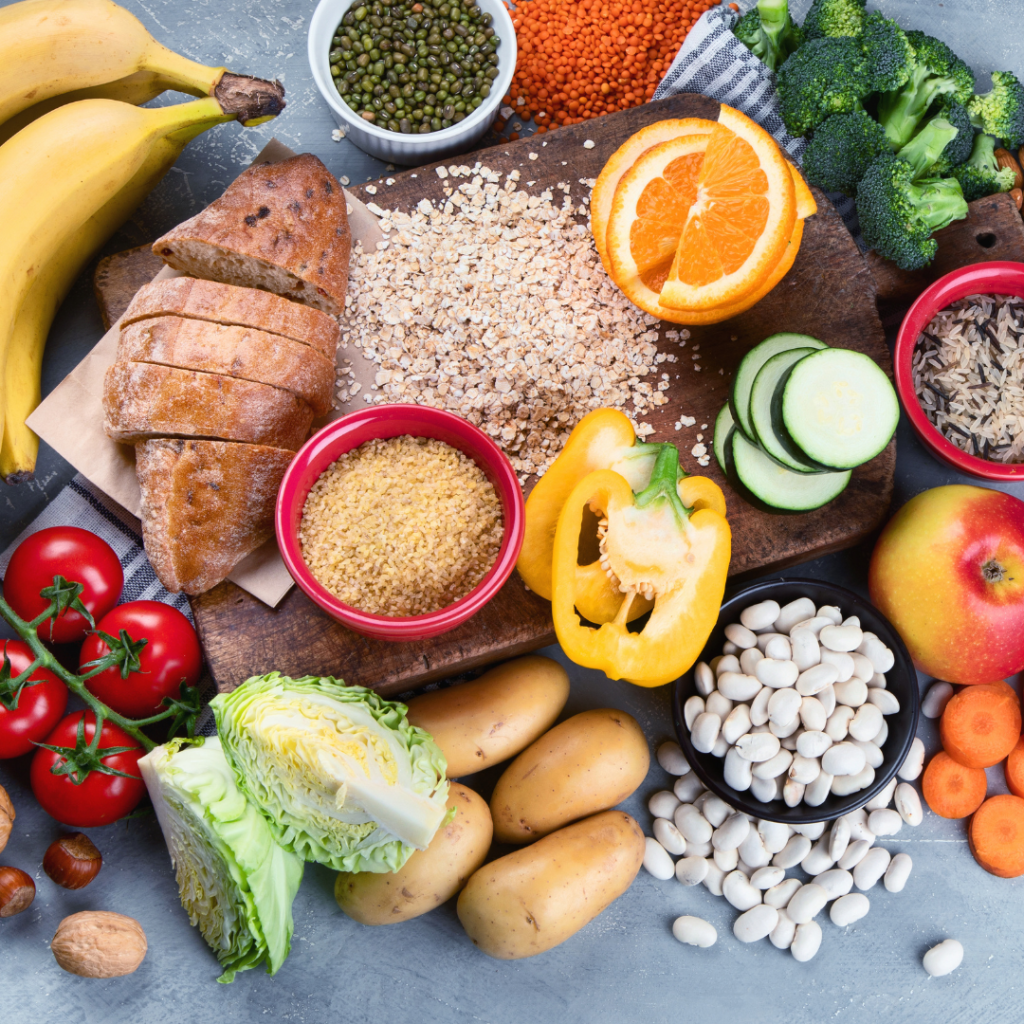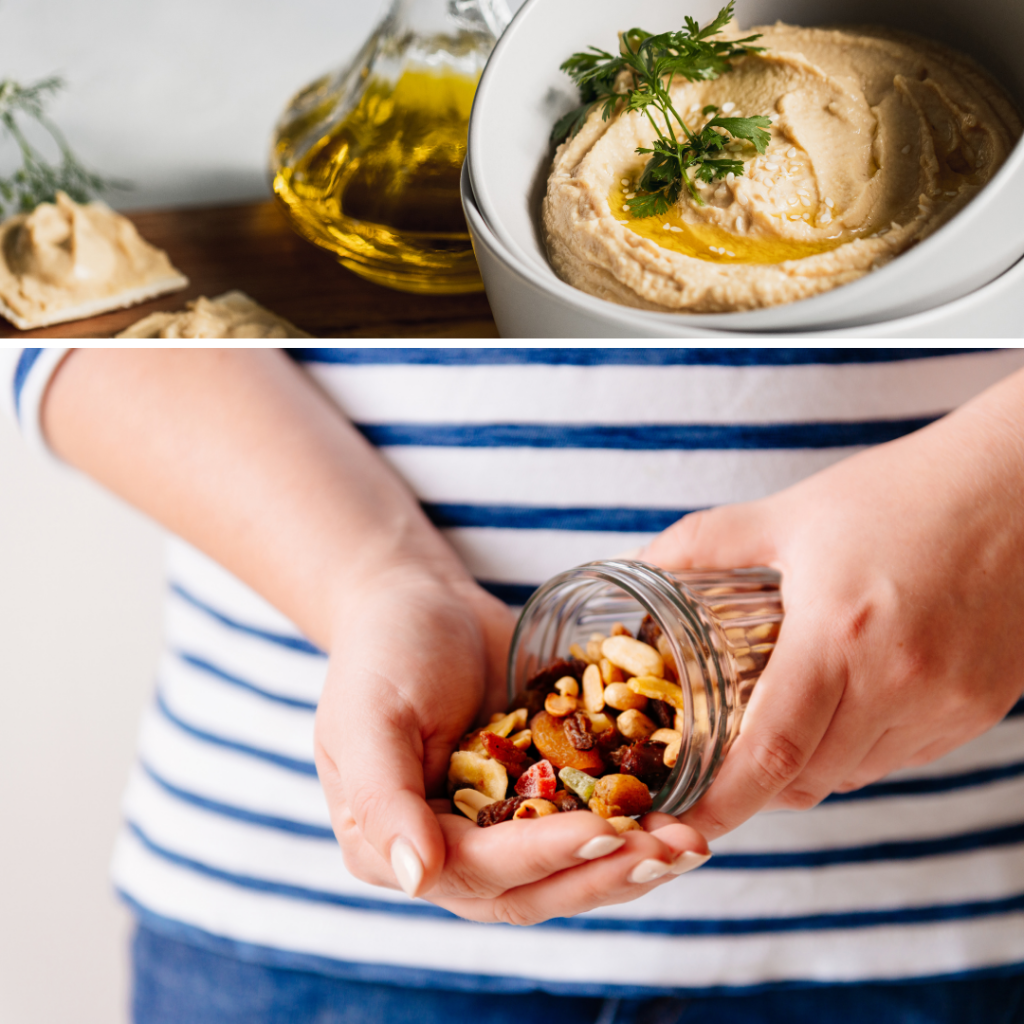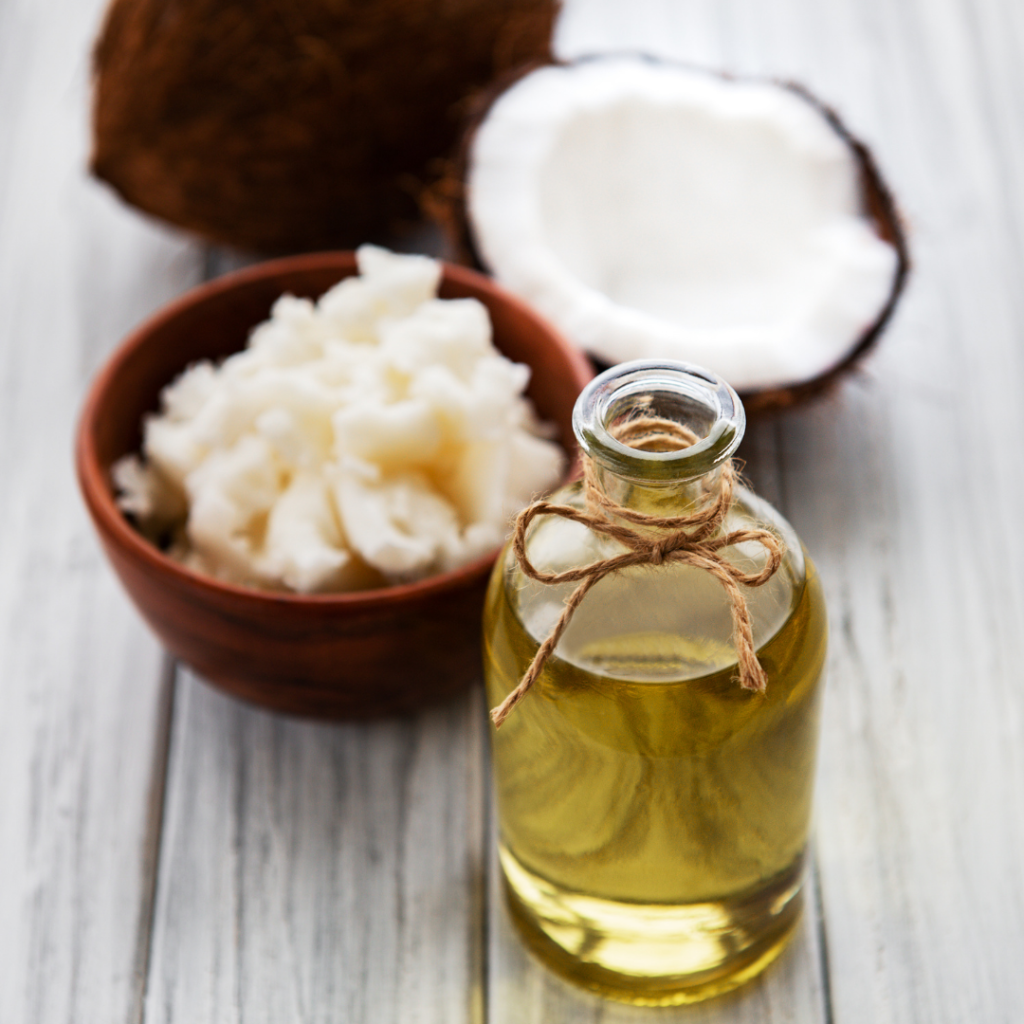When you think of nutrition and healthy eating, I’m sure a number of ideas about food and nutrients come to your mind straight away.
Carbs are evil… low-fat options are healthier…fresh is better than frozen…the list is probably endless.
But what many of us don’t realise is that a lot of these ideas we have about nutrition are, in fact, myths.
Realising that the ideas that are often thrown around media and within conversation are actually mistruths, and uncovering the actual truth will help us greatly on our journey to be our best. It will help us gain a reliable, accurate and in many ways, more manageable understanding of nutrition and healthy eating.
So, read on to find out how 5 of the most common myths about nutrition can be busted.
1. Eating carbs will lead to weight gain
Incorrect! The key here is to focus on the type of carb you’re eating. There are two types of starchy carbs: refined and whole. Whole carbohydrates are full of essential vitamins and minerals and packed with fibre. Rather than causing weight gain, high-fibre foods actually help us to feel full, which will make overeating less likely.

Starchy carbohydrates are an essential form of energy – it’s so important to include them in our diet. So, before you think cutting them out completely is the way to go, remember this myth has been busted! Instead, try cutting down on refined carbs, and replace them with whole carbs.
Top-Tip = some nutritious high-carb foods include quinoa, raw oats, oranges and chickpeas.
2. Low fat = healthy
Not always true! This is probably one of the most common nutrition misconceptions – but that’s understandable, as it sounds logical, right?
However, a low-fat diet isn’t necessarily always a healthy one. Similar to the point above, the trick here is to make sure that you are consuming the right kind of fat. Unsaturated fats, found in food like nuts and avocados, are needed by our bodies as they have been linked to lowering cholesterol. Saturated fats, on the other hand, found in food like butter and cheese, actually increase cholesterol and the risk of heart disease.

So, if you’re following a low-fat diet, but the foods you are eating contain only saturated fats, this may not be deem-able as “healthy”.
Try and choose foods high in unsaturated fats instead, I promise you’ll notice a difference!
3. Snacking is bad for me
Myth alert! I used to always feel guilty for snacking, mainly because I used to do it a lot while studying etc. But I’ve since learned that eating little amounts often can actually be more beneficial than eating three large meals a day. It can also prevent energy crashes during the day in between meals, which is vital for those who lead busy lives.

Again, the key here is to choose what you’re snacking on wisely. Try and choose snacks full of nutrients and minerals. One of my favourite things to grab in the afternoon when I’m feeling peckish is whole-wheat crackers and hummus, both packed with fibre, and unbelievably tasty too!
4. Fresh produce is better than frozen
Nope! This may surprise you, but the contrary can actually be true…frozen is sometimes healthier than fresh! Fruits and vegetables are often frozen very quickly after their harvested, which is when their nutrient content is at its highest. The longer fruits and vegetables ripen, the more their nutrient contents decrease. So, freezing them when they are just harvested locks in those high levels of nutrients and prevents them from decreasing.

So, in some instances, fresh is not always better than frozen. And moreover, frozen fruits and vegetables are perfect for cooking with, and therefore a great way to get essential nutrients into your diet.
5. Coconut oil is a really healthy food
Unfortunately, false! I really thought coconut oil was the oil that was actually healthy for us. But sadly, it contains saturated fats, and if you remember from above, this is the bad type of fat linked to high cholesterol and heart disease.
However, research has suggested that this saturated fat in coconut oil may actually be metabolised differently than other saturated fats and does not have these mentioned damaging effects.

Either way, these saturated fats are not great – although they have very limited benefits, their drawbacks outweigh them. So, as much as we may think coconut oil can do no wrong, we must be conscious of how much we are consuming.
Let me know in the comments below if any of these myth-busting points surprised you!



I’m surprised by the coconut oil
LikeLiked by 1 person